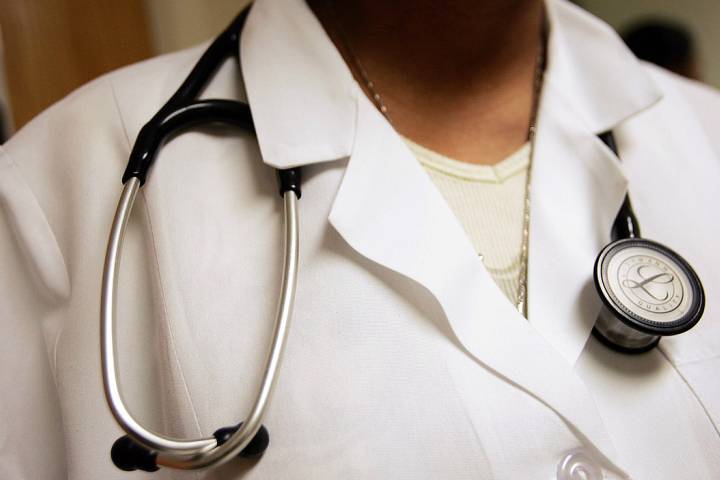Two University of Calgary researchers weren’t surprised when their survey of Alberta doctors showed biases against Indigenous patients, but they were shocked by some of the comments.

Pamela Roach, who has a PhD in medical and human sciences, and Dr. Shannon Ruzycki sent a survey in September 2020 to every licensed doctor in the province to determine their biases following high-profile deaths of Indigenous patients in Canada’s health-care system.
“These types of comments demonstrate a fundamental lack of knowledge about what race is, what racism is like, what power is and what privilege is,” Ruzycki said in an interview.
“I think that that’s really, really worrisome — the social determinants of health are one of the most important factors in our patients’ lives and how they heal.”

One of the survey respondents, a white doctor, said he felt racism from Indigenous people, not the other way around.
“The most common sort of racism I have seen is an Indigenous person being racist in words and actions against white people. This is 100 times more common than the converse,” the doctor wrote, according to a study about the survey published in the online peer-reviewed journalBMJ Open last month.
Ruzycki and Roach said in some cases, when people of privilege say they’re experiencing racism, it comes from a lack of understanding the system of power.
There is already a power imbalance in the doctor-patient relationship, the researchers said, and that can pose a dangerous environment for Indigenous patients seeking medical help.
“We have so much evidence of the way Indigenous people are treated in the health-care system through the tragic deaths of people like Joyce Echaquan and Brian Sinclair,” said Roach, referring to the treatment of the Indigenous patients in Quebec and Manitoba that created a significant public outcry.

The survey, which had 375 respondents out of about 12,000 that it was sent to, used a “feeling thermometer” approach in two questions that asked participants to indicate their agreement.
In the question that asked doctors if they preferred white or Indigenous people, 25 per cent said they preferred white people and more than eight per cent said that they felt unfavourably towards Indigenous people.
“(The participants) self-reported an explicit bias,” said Ruzycki. “It should be zero.”
Roach, who is a member of the Metis Nation of Alberta, said that the low survey response was likely due to the timing of when it was sent out, during the second wave of the COVID-19 pandemic, when hospitals were overburdened and many health-care workers were feeling burnt out.
A good response rate for most surveys is about 20 per cent, the researchers said, adding that asking hard and straightforward questions about race was also a deterrent.

The College of Physicians and Surgeons of Alberta has a complaints process for patients and outcomes vary depending on the unique circumstances of each case, said spokesperson Melissa Campbell.
In an email, Campbell said that the college has established an Indigenous Advisory Circle to help connect Indigenous physicians and patients.
“The work in this area is just beginning. But the goal is to listen to and learn from members of the circle, to help us better understand and support Indigenous patients and better guide the physicians who care for them.”
Alberta Health Services spokesperson Kristi Bland said in an email that the agency also has a process for dealing with complaints. Bland added that the agency has established the Indigenous Wellness Core, formerly known as the Indigenous Health Program, which has dedicated staff who help Indigenous patients through the health-care system.
- B.C. to ban drug use in all public places in major overhaul of decriminalization
- 3 women diagnosed with HIV after ‘vampire facials’ at unlicensed U.S. spa
- Solar eclipse eye damage: More than 160 cases reported in Ontario, Quebec
- ‘Super lice’ are becoming more resistant to chemical shampoos. What to use instead



Comments